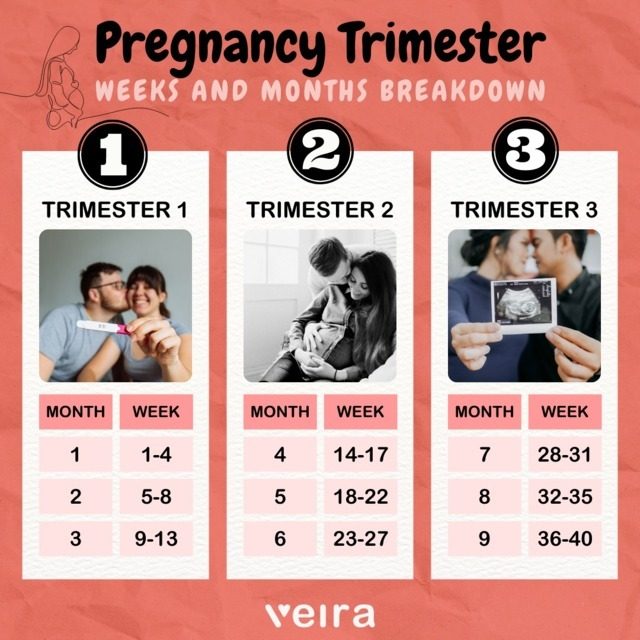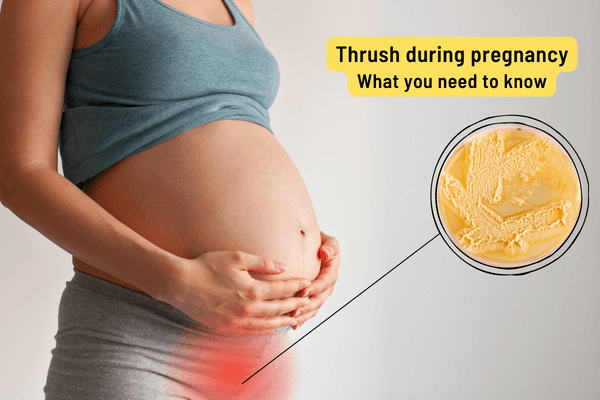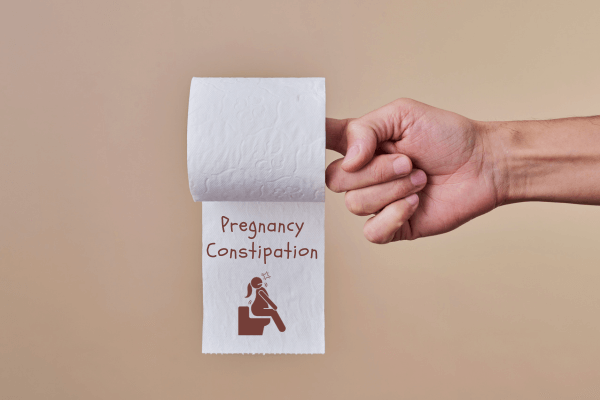Once you see that blue line on the pregnancy test kit, it’s only natural to wonder “When is the expected due date?” and “How many weeks along am I?”
From here starts the journey of most expectant parents – one that is counted in trimesters and weeks.
There are any number of questions that will pop up for you in the course of the next few months: How are pregnancy trimesters calculated? How do you count pregnancy weeks? How do I calculate my pregnancy month? Is a pregnancy 40 or 42 weeks? Is a baby born at 37 weeks a full term baby?
In this post, we’ll take a closer look at all these questions and then some.
How many weeks are in a pregnancy?
How many months are in a pregnancy?
How many trimesters are in a pregnancy?
The block of 40 weeks is split into 3 sections called trimesters. Each pregnancy trimester is a period of approximately three months. Therefore, there are three trimesters in a pregnancy.
How are trimesters calculated, how many weeks are in each trimester?
There are 13 to14 weeks in a trimester.
First trimester of Pregnancy: Calculated from start of week 1 to end of week 13
Second trimester of Pregnancy: Start of week 14 to end of week 27
Third trimester of Pregnancy: Start of week 28 to birth of the baby (usually set to end of week 40 when calculating expected date of delivery)
Here is a cheat sheet of weeks to months to trimester calculations:

How is the expected due date or expected delivery date calculated?
What pregnancy week am I in?
How do I calculate my pregnancy month?
What is a full term pregnancy?
- Preterm — before 37 weeks
- Early term — start of week 37 until the end of week 38
- Full term — start of week 39 until the end of week 40
- Late term — start of week 41 until the end of week 41
- Post term — start of week 42 onward.
Conclusion
How can Veira Life help you?
At Veira Life we are specifically setup to provide pregnancy support services at each stage of your pregnancy. Our prenatal classes are engaging, multi-modal and packed with resources that provide you all the relevant information you need in each of the phases in a structured and modular manner. Every user on the platform is paired with a qualified and certified maternity coach who will be able to help answer any questions you have and even help preempt the challenges coming your way. At Veira our mission is to provide personalised support to women throughout their motherhood journeys. Register to try it out for yourself. We would love to be your village!
FAQs
A pregnancy is divided into 3 parts called trimesters and is counted as 280 days long i.e. 40 weeks (~9 months)s; starting from the first day of the woman’s last menstrual period (LMP).
An average pregnancy is 40 weeks long divided into 3 trimesters:
- Week 1 to end of week 13 is first trimester
- Week 14 to end of 27 is second, and
- Week 28 to end of 40 is third trimester.
An average pregnancy is supposed to be 40 weeks long, which can’t be evenly divided into 9 months. It comes to a little over 9 months but for simplicity’s sake is spoken of as 9 months long.
Medical professionals will refer to a pregnancy length in weeks and not in months. A pregnancy is 40 weeks or 280 days long which comes to a little over 9 months.
The first day of the last menstrual period is day 1 of pregnancy. To estimate a due date, count 280 days forward starting from this point. This will also give you the trimesters and the weeks and months.
The 2nd trimester is the easiest for many. The body typically adjusts to hormonal changes, morning sickness and fatigue usually subside but the impatience of the 3rd trimester is yet to set in. Baby’s movements are felt for the first time, and routine screenings to monitor growth take place. All this can bring a sense of reassurance and joy.














































